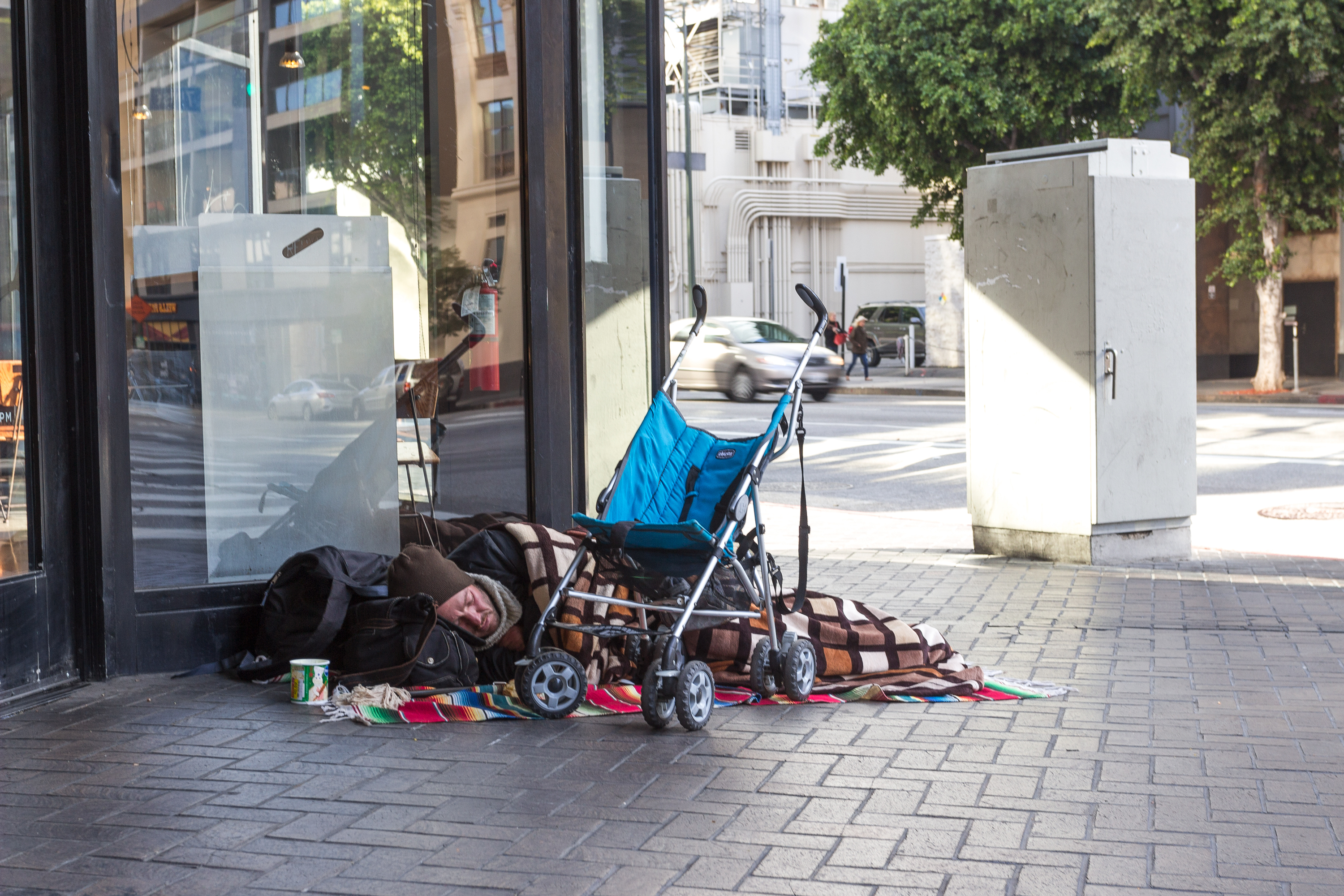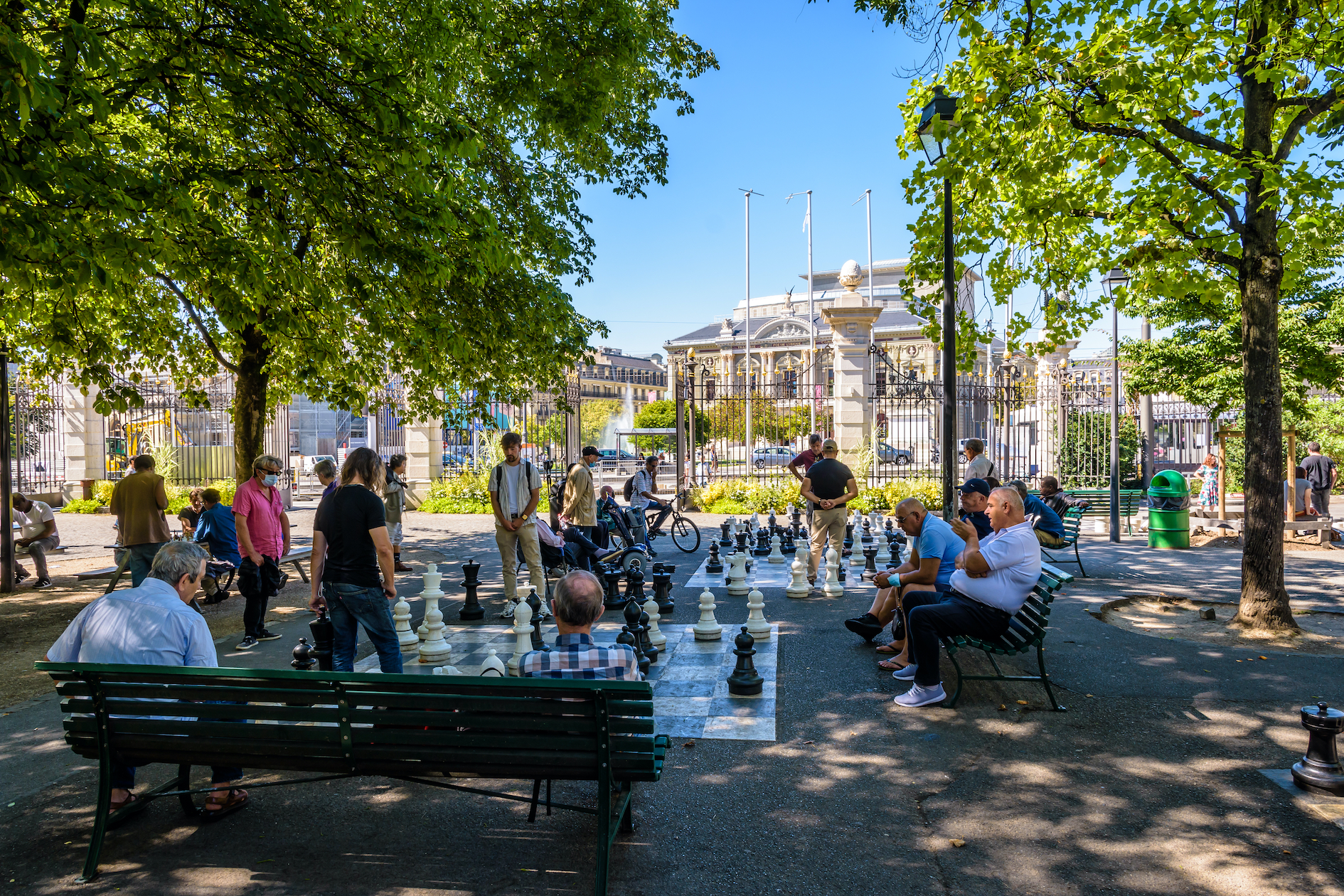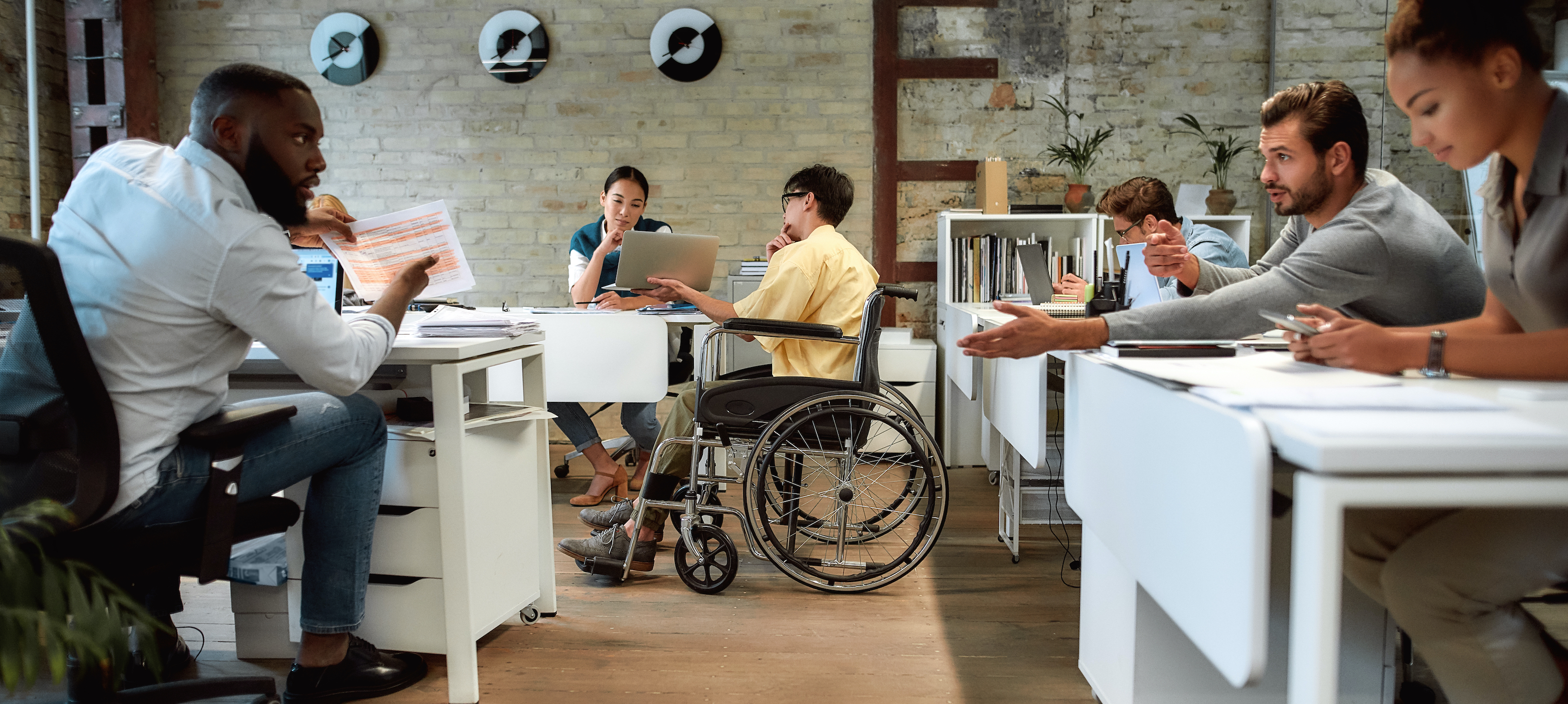One of the main themes in my work over the years has been thinking about equality and inequality from the point of view of distributive justice. Coming from a well-meaning, middle-class, left-wing family, I always thought that great inequality was unjust, particularly the inequality of wealth. When I got to university as an undergraduate, I was pleased that this was one of the topics that I would be studying, just a few years after John Rawls had published his famous Theory of Justice. He argued that a just society is one where the worst-off are made as well off as possible. To judge the justice of our society, we should look at the wealth and income of the worst-off. We should see if the wealth of the worst-off can be increased without others becoming poorer than the worst-off people were before. In other words, we judge the justice of a society by how it treats those who are worst off.
This is a very appealing view, but it does allow inequalities. It says that if we need inequality to make the worst-off better off, we should accept that. Some people on the left argued that it is not right and that we should aim for greater equality, even if it means that everyone suffers. This debate continues. Should we allow incentives for the rich, and they would bring the poor with them – a rising tide raises all boats – or should we say no: what’s important is income equality, even if that makes everyone a little bit worse off than they might have been otherwise?


